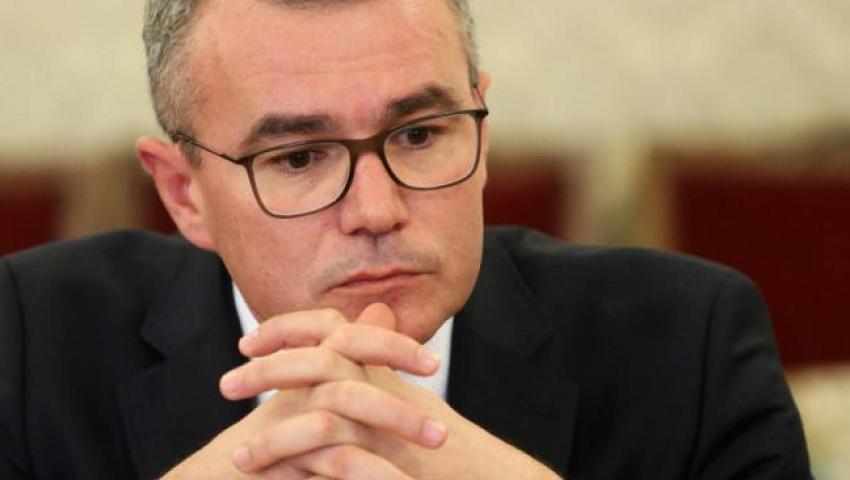Zhivodar Terziev: If Bulgaria is denied a request to be excluded from the oil embargo, to veto

source: BPGA
Bulgaria must stand firm and demand an exemption from the embargo on Russian oil imports. If she has requested and is denied, to veto the sanctions thus proposed 6.0. This was stated to BNR by the chairman of the Bulgarian Oil and Gas Association (BOGA) Zhivodar Terziev.
"This will be difficult for us as the poorest country in the European Union. We will be in the hell of the press of several countries in front of and behind us along the Danube, which will have access to Russian oil at significantly better prices, and we will we are forced to buy more expensive raw materials, which will lead to a disastrous state of our industry as a producer, "said Terziev, adding that this will affect the jobs of about 4 - 5 thousand people in Burgas.
"For the last 10 years we have certainly relied on the refinery in Burgas as a source of fuel not only for Bulgaria but also for the Balkans. It is not so fast or technologically easy to reconfigure systems and supply chains at the best prices at the moment. These are my concerns, "he said.
"There is a trade risk of economic inefficiency for the Bulgarian fuel producer for two reasons," the BOGA chairman said of concerns about fuel prices given the opportunities of other countries in the region, lifting them from the embargo and importing them. He reminded that the Hungarian MOL has state participation, has the direct support of Prime Minister Orbán and has an oil pipeline that connects them directly with Russian resources, and "the strength and aggression of Hungarian traders is significant," Terziev said. "If someone thinks that they will miss their chance to offer a resource that on the one hand looks better in price than what the Bulgarian market will offer, but will be expensive enough compared to what we have at the moment is a direct threat.
It is almost the same for Turkey, which has access to cheap Russian resources and is a kind of "hub", as they have access not only to cheap Azerbaijani oil, but also close to the fields of Syria and Iraq.
The chairman of the BPGA explained that since the 1960s, the Bulgarian refinery has been located on the Black Sea to receive oil from Russian ports, mainly Novorossiysk. According to him, the logistics of oil passing only through the Bosphorus poses risks.
Whatever the industry does today will be more expensive than we can get through the refinery in Burgas, Terziev concluded.
It is neither quick nor technologically easy to reconfigure supply chains, he reminded again. According to him, if Neftochim starts processing other raw materials, the capacity and efficiency of the refinery's processing will drop significantly.
Asked what will be done if Russia suspends oil supplies, Zhivodar Terziev noted that some of the traders have set aside part of the reserves in Bulgarian storage facilities that are abroad.
For purely Bulgarian companies, the problem will be the biggest, because in recent years they have relied on 80-90% of deliveries through the Burgas refinery, the expert warned.
"There should be no problem with the supply of our member companies to foreign companies. The Bulgarian market relies on the help of parent companies in Greece, Romania and Serbia."
At the beginning of the conversation, Zhivodar Terziev, in response to a question, identified as a problem the lack of gas prices at the moment, due to the price of methane, which is offered at gas stations, although it accounts for a small percentage of sales. "As much as natural gas, or compressed natural gas for cars and trucks, is a small percentage of total sales for motor fuel, we do not know at what price we buy it, but we are selling it boldly at April prices," he said. According to him, this means that in the event of an increase of more than 5-6%, it is certainly realized at a loss. "But that's not the problem. "Industrial consumers should not know at what price we will buy natural gas for 10 days or a third of the month," he said.
